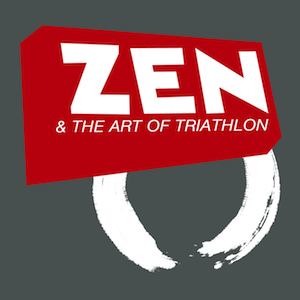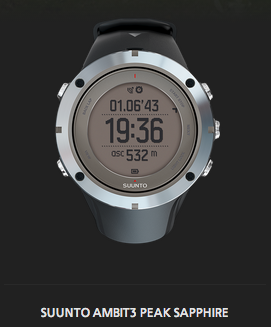A Book of Five Rings - The Samurai Approach to Multisport
 Wednesday, August 1, 2012 at 8:55AM
Wednesday, August 1, 2012 at 8:55AM 
I recently got an email from my dad, who is a world-traveler, engineer, and military science buff, about a book called The Five Rings written by a master Samurai swordsman in 1645 A.D.
Very similar to Sun Tzu's The Art of War, this collection of strategies is an absolute must-read. Miyamoto Musashi explains his training and fighting techniques he developed to win 60 duels, starting with killing a fully-trained Samurai at age 13.
He was revolutionary at the time for saying that becoming a master in just one technique was actually a weakness. Rather, study and practice them all, become a slave to none, and remain fluid in the moment so you can use any tool at any time to win. The point is to win, so anything else is a distraction and will cause your downfall.
In most of the artwork you can find of him, Musashi is holding a long sword in one hand and a short one in the other. Before his time, this was considered bad technique - you should have just one sword and hold it with both hands. But Musashi trained with both swords in either hand, making him the most deadly opponent in the land. And because he didn't stick to one technique, there was no way to know what he'd do next.
Reading this in conjuction with Chris McCormack's I'm Here to Win illuminates great training and racing methods for endurance sports. The races and conditions are so variable, that sticking with one method is a weakness. In fact, quickly jumping from one method to another is a sure way to get much better results. Rainy conditions? Switch tires. Hilly course? Swap out gearing. 24 hour race? Use caffeine. Longer swim event? Modify your training and stroke for stamina instead of power.
Legendary triathlon coach Brett Sutton used just one tool to train his athletes - A stopwatch. You need to get from point A to point B as fast as possible. How you do it is irrelevant; just get there for the win. Trying to keep your flatland cadence in the hills or deciding you don't like the course nutrition will just slow you down. Sound familiar? Musashi would be proud.
The athlete who aggresively changes his tactics in both training and racing for the conditions at hand is much more advanced than the one that keeps doing the same thing, no matter what. In Zen, we learn to let go of how we want things to be and deal with what is for better results. Musashi's Book of Five Rings is a classic example of somebody who did it with wild success. For those on the run, check out the audio version here.















